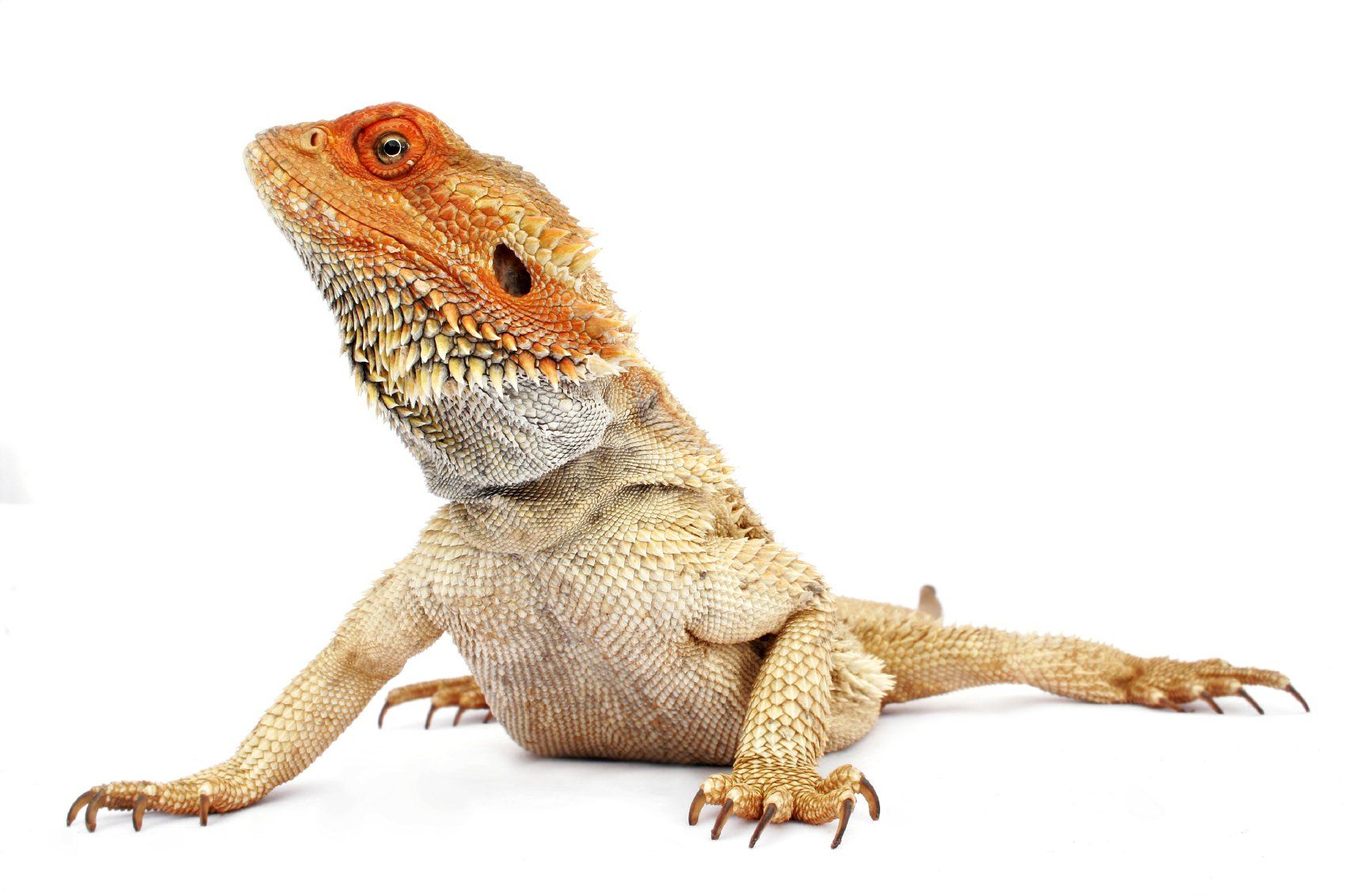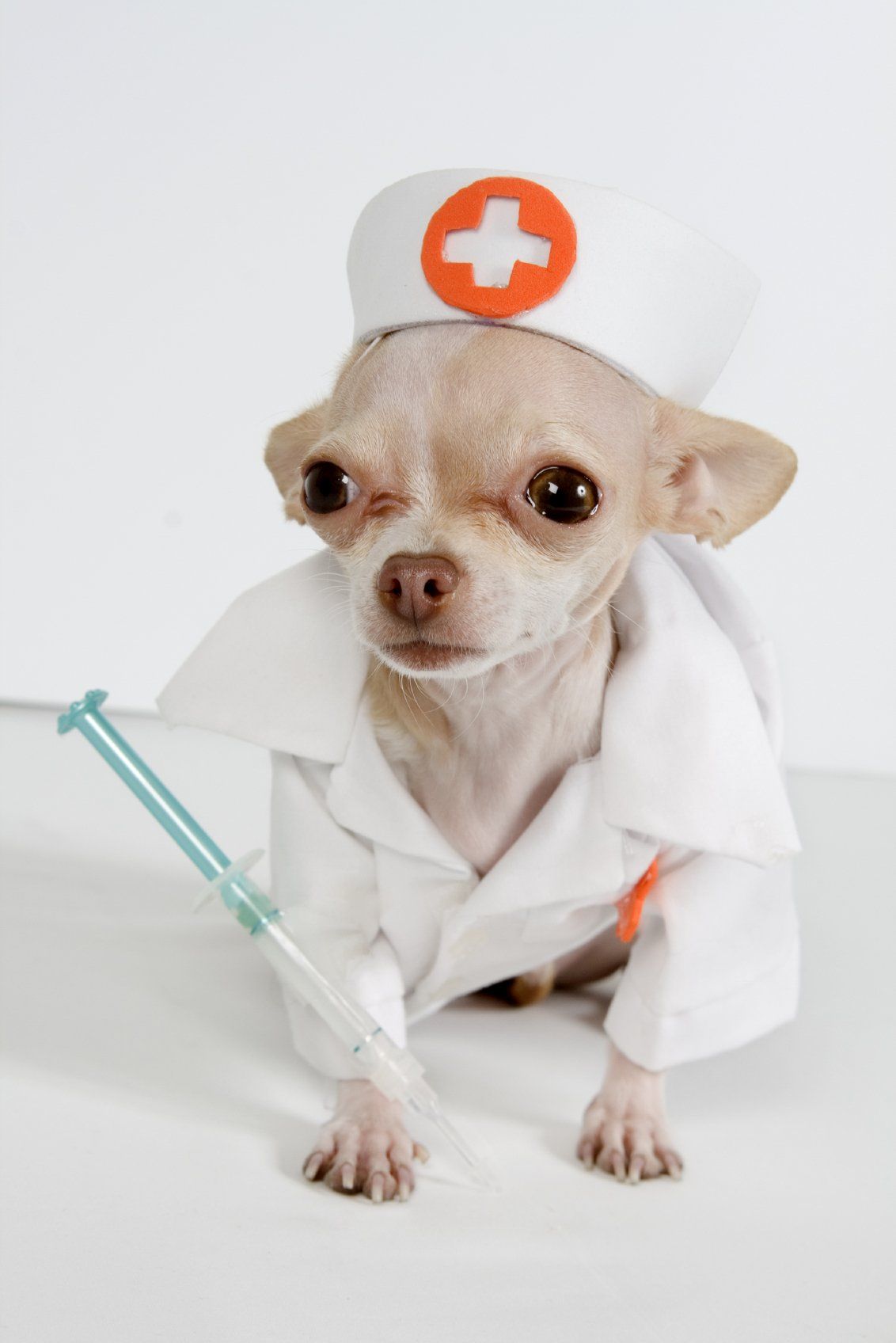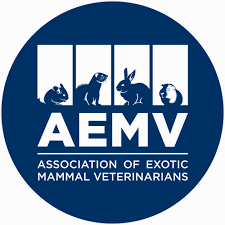Adenovirus in Bearded Dragons
Testing in the UK

Adenovirus in Bearded Dragons: What Every UK Keeper Needs to Know
Bearded dragons are one of the most popular pet reptiles in the UK. They’re friendly, full of personality, and relatively easy to care for. But like all animals, they can carry hidden health risks. One of the most important and often overlooked threats in bearded dragons is a virus called Adenovirus, also known as Agamid Adenovirus 1 or AgAdV 1.
Even healthy looking dragons can carry this virus and pass it on to others. That’s why understanding what it is, how it spreads, and what you can do about it is so important, especially here in the UK where reptile keeping is more popular than ever.
So, What is Adenovirus?
Adenovirus in reptiles is a contagious virus that primarily affects agamid lizards, including bearded dragons. The specific strain seen in dragons is called Agamid Adenovirus 1. It belongs to a group of viruses known as Atadenoviruses, and it can have serious consequences, particularly for young or stressed reptiles.
While many infected dragons don’t show obvious symptoms, the virus can still be present and shed through their faeces. That means your dragon might look completely fine but still be a carrier. In groups or breeding collections, this can lead to the silent spread of infection.
How Common is it in the UK?
In the UK, awareness of Adenovirus in pet reptiles is growing. Studies have found that around 40 percent of bearded dragons under 18 months of age can test positive, even if they appear totally healthy. That number drops to around 8 percent in adult dragons, but the risk is still there.
At ParasiteVet, we’ve confirmed Adenovirus in dragons from all over the UK. Whether it’s a single pet or a larger collection, the virus doesn’t discriminate. Because so many infected dragons look healthy, many owners have no idea there’s a problem until other dragons start to get sick.
How Does it Spread?
Adenovirus is mainly spread through the faecal oral route. This means anything contaminated with infected faeces, such as enclosure surfaces, food or water bowls, or even your hands, can carry the virus. Dragons can easily become infected just by being in the same environment as a carrier.
The problem is made worse because adult dragons often show no symptoms but still shed the virus. Introducing a new dragon into your home or breeding group without testing it first can quietly introduce the infection, which is especially dangerous for young dragons who may become seriously ill.
What Signs Should You Look Out For?
Clinical signs of Adenovirus infection can vary a lot. Some dragons may show no signs at all. Others may develop symptoms such as weight loss, reduced appetite, lethargy, diarrhoea, or neurological signs like head tilting or stargazing. Sadly, some young dragons may pass away without warning if infected.
Because the signs are so general, it’s often misdiagnosed or completely missed without testing. In some cases, owners only discover the infection after losing a baby dragon or noticing symptoms in multiple animals.
Is There a Cure?
Unfortunately, there’s no known cure for Adenovirus. Treatment is supportive only. That means helping the dragon’s body cope with the virus by keeping it well hydrated, supporting its nutrition, and treating any secondary infections if needed. Your exotic vet may prescribe antibiotics to manage these complications or recommend probiotics and dietary support.
In breeding colonies or rescue situations, it may be necessary to separate or even euthanise severely affected animals to protect the health of others. It’s a difficult decision, but one that some large facilities face when trying to contain an outbreak.
What Can You Do to Prevent It?
The best way to protect your dragons is through testing and good biosecurity. Always quarantine new dragons for several weeks before introducing them to others. During that time, have them tested for Adenovirus using a PCR test. This is especially important for young dragons or if you plan to breed.
Keep their environment clean and disinfect surfaces regularly. Use separate equipment for each enclosure where possible and wash your hands after handling. If you have dragons of different ages, try not to house them together, since young dragons are more at risk.
At ParasiteVet, we often advise testing as part of a general health check, especially for breeders or those who have had unexplained illness in their collection. We understand the costs involved, which is why we’ve made our Adenovirus PCR testing more accessible than ever.
Affordable PCR Testing in the UK
ParasiteVet now offers the Agamid Adenovirus qPCR test at a discounted price to make it more afffordable to owners that would like to know their dragon ststus. This test detects Agamid Adenovirus 1 from a cloacal swab or fresh faecal sample and gives you clear results interpreted by our veterinary team, who work in first opinion and referral clinical practice with reptiles.
We offer free tracked postage both ways and fast turnaround times. Results are typically available in one to two working days, but please allow up to seven days in rare cases. Every test includes a formal report prepared by our experienced team, including a vet with advanced qualifications in exotic animal medicine.
You can order your Adenovirus test easily through our website here:
👉 Order the Agamid Adenovirus qPCR Test
This test is especially useful for peace of mind in healthy dragons, screening new arrivals, or when unexplained symptoms are present.
Final Thoughts
Adenovirus can be a silent problem in UK bearded dragons, especially in younger animals and collections. Because it can spread without symptoms, routine testing is one of the most important things you can do to keep your reptiles safe and healthy.
We’ve seen firsthand how many cases go undetected until it’s too late. That’s why we’re committed to offering affordable, high quality testing and expert support to reptile keepers across the UK.
If you have any concerns or questions, our veterinary team is here to help. Whether you’re a new owner or a seasoned breeder, we’re always happy to offer guidance.
Take control of your dragon’s health and stay ahead of hidden infections like Adenovirus. Testing is simple, affordable, and could make all the difference.















